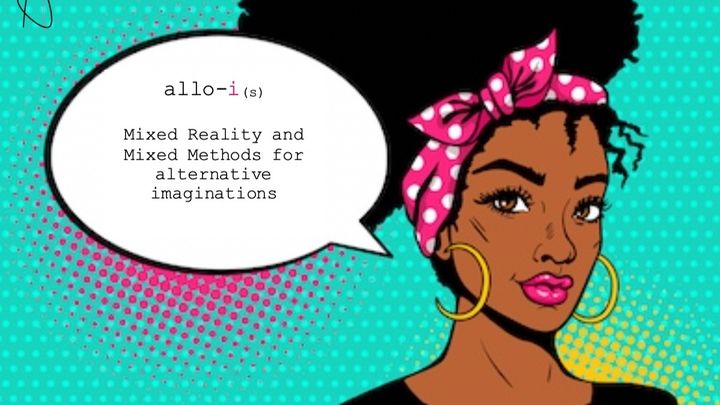
Allo-I
My senior thesis, Allo-I, is a behavioral experiment that uses storytelling and machine learning to examine and enhance the imaginations of marginalized women. The work, to be carried out in Kenya (January 2020), will investigate whether immersive storytelling can be used as a tool to break limiting social norms. The research develops a novel analysis tools, innovating on natural language processing methods to develop an imagination factor; that is, quantifying deviant thinking around social norms and perceived futures. For more, see below for the thesis Abstract.
In order to carry out this research, I'm working with the company, Busara Center for Behavioral Economics , who are capable of carrying out large scale studies of this nature in Nairobi. I've worked with the company before and trust that they will be able to execute the vision, however, I'm short of the funds needed to make this possible. All the funds raised on this platform will go toward paying Busara and the participants.
This research is the first of its kind and a novel contribution of knowledge to the field of Human Computer Interaction. There hasn't been any published virtual reality research in Kenya, or Africa (with only one other paper coming from South Africa). The mixed methods analysis is also a novel contribution, not just in Africa but in the field of AI and natural language processing. Please help me get this work done and be a part this radical advancement of knowledge!
Thesis Abstract:
The Imagination is a central - and underexplored - part of our cognitive faculties.. It allows us to dream, hypothesize and solve problems. Imagination is often linked with 'outside the box' thinking, the ability to conceive of novel or unexpected solutions to problems is often attributed to the imagination. For women in urban slums in Kenya, stringent social norms that narrow socio-economic possibilities can pose a serious obstacle to imaginative thinking about their futures and self efficacy. Can immersive storytelling be used as a tool to deconstruct those strictly defined boxes and result in more imaginative thinking about possible futures for women? This study defines an Imagination Factor through two method models: The Dweck Mindset Instrument analysis and through a word embeddings analysis using GloVe. A study is designed where women engage in a series of possibility games questions and qualitative interviews that test imaginative thinking after one of three interventions: 1) A Narrative 2) A VR Experience 3) A Control.